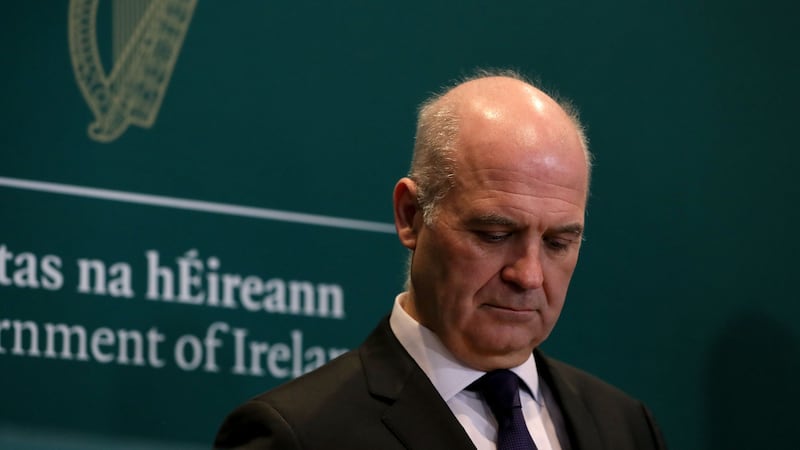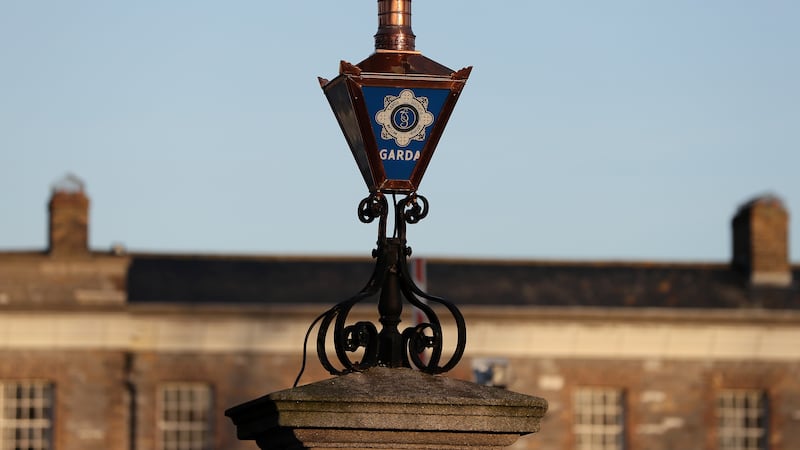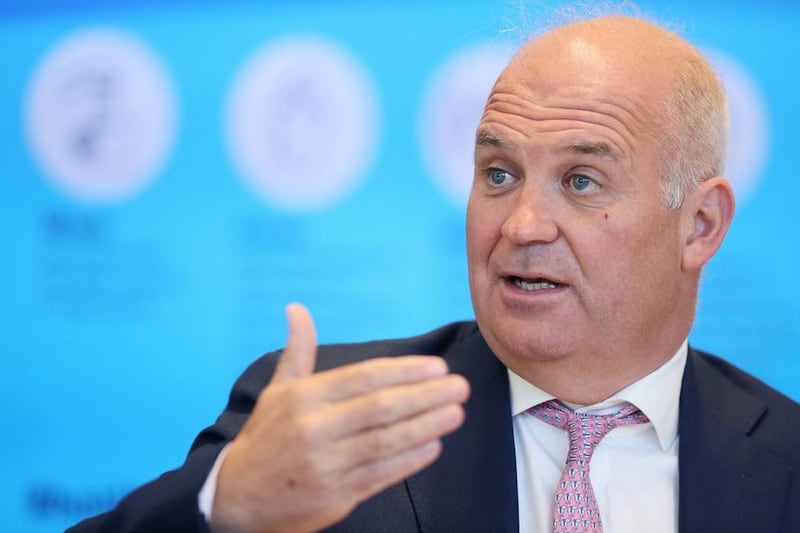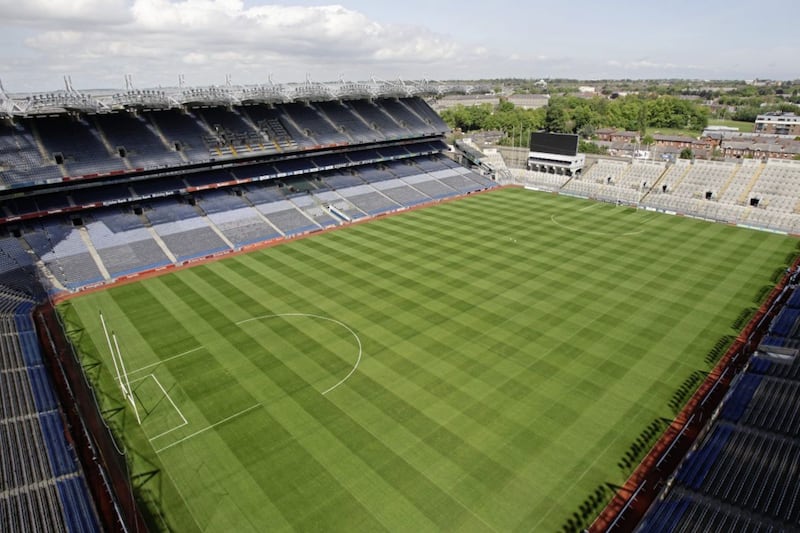An Irish hospital failed to notify health authorities of almost 300 cases of coronavirus within legal time frames.
All the cases, some of which date back to mid-March, were reported to the Republic of Ireland's Health Protection Surveillance Centre in one go on Thursday.
It resulted in the daily tally of confirmed Covid-19 cases announced on Thursday being significantly higher than those of recent days.
The Republic's chief medical officer Dr Tony Holohan stressed that the 426 cases was not evidence of a “new wave” of infection, insisting that almost 300 related to the batch of unreported test results from the one hospital.
Dr Holohan, who did not name the hospital, told the daily Covid-19 briefing that inquiries were ongoing to establish what had gone wrong and to make sure it had not happened in any other hospital.
The overall number of confirmed cases rose to 23,827 after the 426 were added.
A further 10 Covid-19 related deaths were also announced on Thursday, taking Ireland’s death toll to 1,506.
Dr Holohan said the unreported batch, and the distribution of those cases across the last two months, did not give cause to alter any existing conclusions about the virus’s spread in the country as a whole.
But he added: “That’s not me saying that this is okay.
“We want to encourage appropriate reporting and timely reporting and comprehensive reporting, a high standard of collection of all the key information in respect of all the cases and to have that reported to us in as timely a way as possible.”
He said that had been happening in the country “for the most part”.
“We have an example here perhaps where that didn’t occur,” he said.
“It doesn’t lead us to change in broad terms our conclusions.”
He highlighted that the requirement to notify the authorities of infectious diseases was in legislation dating back to 1947.
“The vast majority of hospitals have taken the responsible and legally mandated action to report these cases,” he added.
The CMO said it was not the time to talk about “consequences” for those responsible for the delayed reporting, insisting it was more important to establish the facts and make sure it would not happen again.
He said he could not be certain the required contact tracing had been carried out for the cases who had tested positive in the hospital, but he expressed hope it would have been done.
“I would like to think the contact tracing necessary in the hospital environment by the occupational health teams might have been carried out but I don’t know that as a fact,” he said.
The cabinet will meet on Friday to discuss whether to proceed to phase one of Ireland’s lockdown exit plan as scheduled on Monday.
Ministers will consider advice from the National Public Health Emergency Team, which met on Thursday to finalise its recommendation.
Dr Holohan, who chairs the Nphet, declined to indicate what recommendation the team had made to cabinet during Thursday evening’s media briefing.
Earlier on Thursday, Taoiseach Leo Varadkar said the Government is “increasingly confident” that Ireland will be able to move to phase one on Monday.
“Whilst every death is of concern, in the last seven days we’ve seen the lowest daily number of deaths and cases since March,” he said.
“The crucial thing is to keep doing the right things, to stick to the strategy and maintain our focus, to expect and look for new clusters and flare-ups.
“This virus is a fire in retreat. We must quench its every spark and stamp out every ember.
“It’s worth remembering that we are still in phase zero. All things going to plan, phase one will begin, if and only if it’s safe to do so.
“The moment we assume that our progress through the phases is inevitable, we risk going backwards.”








